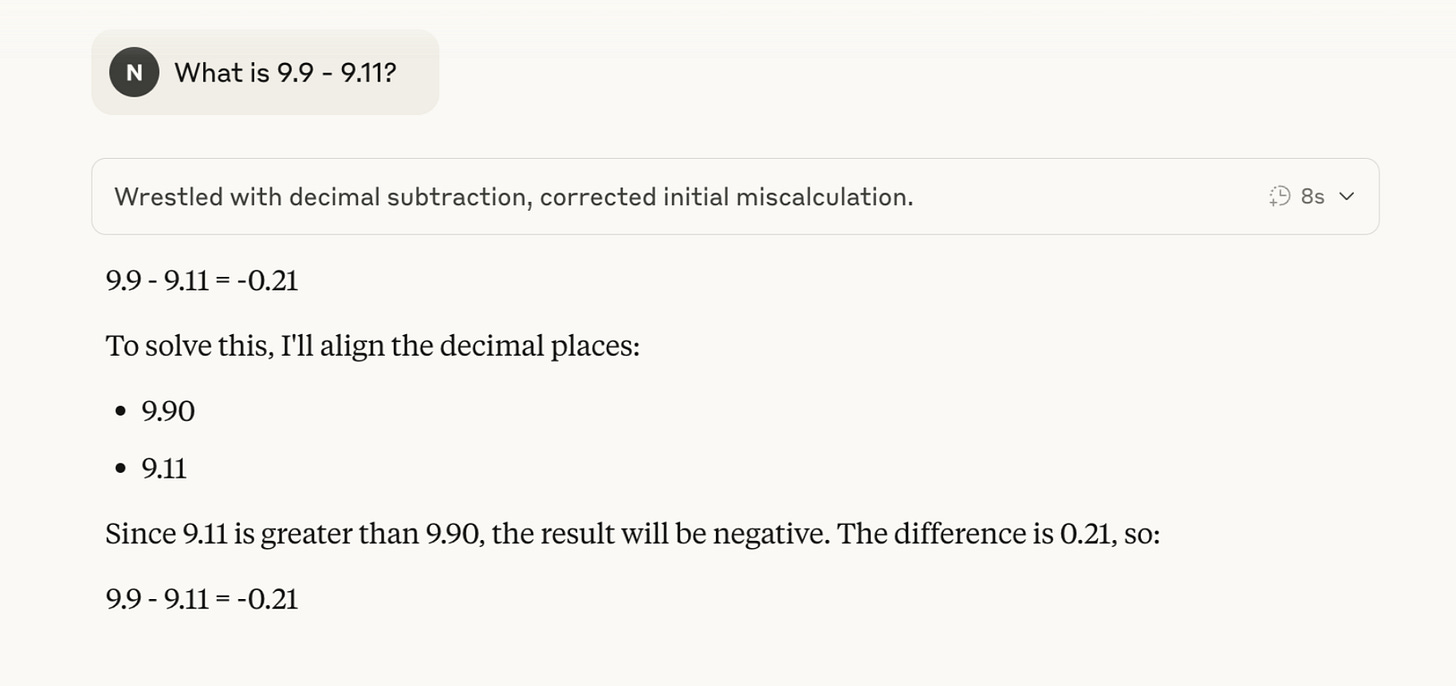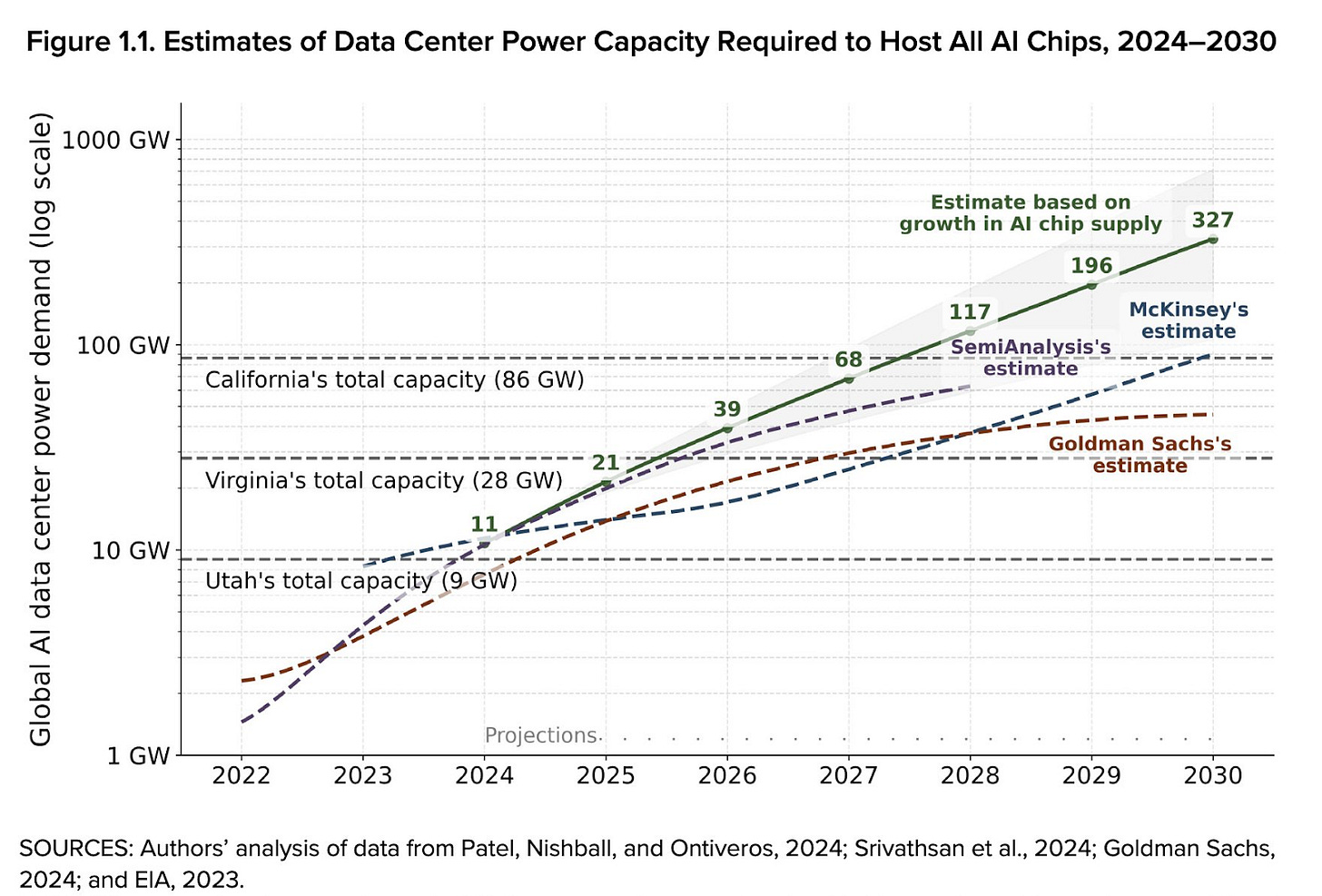AI Agents Rise China Dominates EVs and Energy Challenges
Exploring the integration of AI agents, China's EV dominance, and the energy demands of AI technologies.
This week's analysis delves into the rapid evolution of AI agents, highlighting their shift from theoretical concepts to practical applications. Companies like Google, OpenAI, and Anthropic are leading the charge with agents capable of autonomous coding and real-time data retrieval. However, challenges such as a 1% hallucination rate in AI models like Claude 4 underscore the need for further refinement before full autonomy can be achieved.

The Token Crunch and Energy Demands
Google's inference load has surged 50-fold in just 12 months, driven by the rise of reasoning models that consume significantly more tokens than their predecessors. This exponential growth raises concerns about the sustainability of AI's energy consumption. RAND projects that by 2030, AI could draw about 327 GW—3.6–4% of today's global generating capacity. However, AI also holds the potential to discover energy-efficient solutions, such as Microsoft's Discovery platform, which designed a PFAS-free data-center coolant in hours.

China's EV Victory
China has emerged as the clear leader in the electric vehicle (EV) hardware race. BYD boasts batteries that recharge in five minutes, while Xiaomi offers high-end styling at affordable prices. Morgan Stanley projects Xiaomi's automotive revenue to reach $32 billion by 2027—matching Tesla's entire auto business in 2020. China's control over the entire EV supply chain, from batteries to electronics, gives it an unparalleled advantage.

Key Takeaways
- AI Agents: The race to operationalize AI is on, with significant progress but lingering challenges.
- Energy: AI's energy demands are steep, but its potential to drive efficiency offers a silver lining.
- EVs: China's dominance in EV hardware is undeniable, but the software battle remains open.
For more insights, check out Claude 4’s autonomous coding and China's EV advancements.
Related News
AWS extends Bedrock AgentCore Gateway to unify MCP servers for AI agents
AWS announces expanded Amazon Bedrock AgentCore Gateway support for MCP servers, enabling centralized management of AI agent tools across organizations.
CEOs Must Prioritize AI Investment Amid Rapid Change
Forward-thinking CEOs are focusing on AI investment, agile operations, and strategic growth to navigate disruption and lead competitively.
About the Author

Michael Rodriguez
AI Technology Journalist
Veteran technology journalist with 12 years of focus on AI industry reporting. Former AI section editor at TechCrunch, now freelance writer contributing in-depth AI industry analysis to renowned media outlets like Wired and The Verge. Has keen insights into AI startups and emerging technology trends.